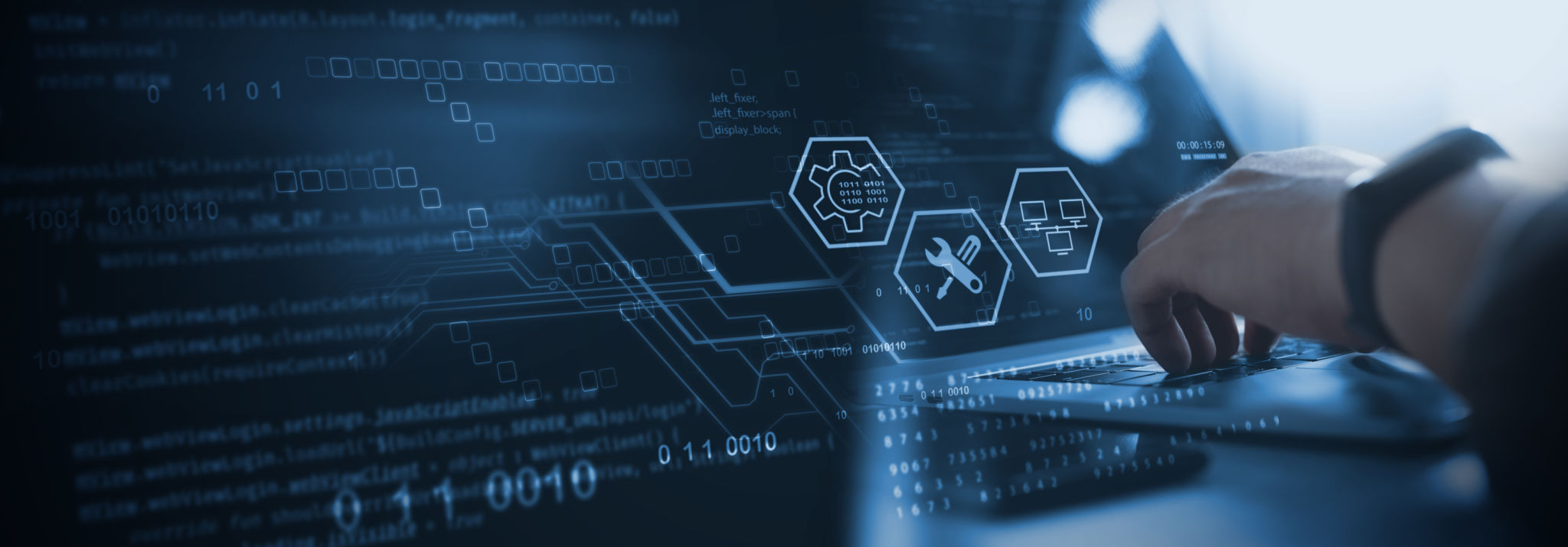Comprehensive Guide to Computer Troubleshooting and Repair
MA
Understanding Common Computer Problems
In today's digital world, encountering computer issues is inevitable. Whether it's a slow system, unresponsive software, or unexpected crashes, understanding the root cause can be the first step toward effective troubleshooting. Common problems often include hardware malfunctions, software glitches, and connectivity issues.
Identifying the symptoms of a problem is crucial. For instance, if your computer is running slow, it could be due to insufficient RAM or a fragmented hard drive. On the other hand, frequent crashes might indicate a software conflict or overheating hardware components.

Basic Troubleshooting Steps
Before diving into complex repair tasks, try some basic troubleshooting steps. Start by rebooting your computer, as this can resolve many temporary issues. Ensure all cables and peripherals are securely connected. Check for any error messages that can provide clues about the problem.
Running a virus scan is also recommended to eliminate any malware that might be affecting performance. Additionally, updating your operating system and software can fix bugs and enhance system stability. If the issue persists, consider restoring your system to a previous state using recovery options.
Hardware vs. Software Issues
Distinguishing between hardware and software problems can save time and effort. Hardware issues often manifest as physical symptoms like strange noises, overheating, or failure to boot. In contrast, software problems are usually indicated by error messages or unusual behavior like freezing or slow performance.

To diagnose hardware issues, check for physical signs of damage or wear. For example, a noisy fan might suggest dust accumulation or a faulty cooling system. Software troubleshooting involves checking for driver updates, uninstalling problematic applications, and ensuring compatibility with the operating system.
Advanced Repair Techniques
If basic troubleshooting doesn't resolve the issue, advanced repair techniques may be necessary. For hardware repairs, opening the computer case to inspect components like RAM, hard drives, and graphics cards might be required. Always ensure the device is powered off and unplugged before attempting any internal repairs.
For software-related problems, consider using specialized tools like system repair utilities or registry cleaners. These tools can help fix corrupted files and optimize system settings. When dealing with persistent issues, backing up important data and performing a clean installation of the operating system may be the best solution.

When to Seek Professional Help
While it's possible to address many computer issues independently, some situations require professional assistance. If you're uncomfortable handling hardware repairs or if the problem persists despite troubleshooting efforts, contacting a certified technician is advisable. MZ Computers's technical guys are capable to perform troubleshoot and find exact issue with the computer. MZ Computers will give best soulotion to the problem and fix the issue.
MZ Compurters have the professional expertise and tools to diagnose complex problems accurately. They can also provide guidance on upgrading components or enhancing system performance to prevent future issues. Remember, investing in professional repair services can save time and protect your valuable data.
Preventive Maintenance Tips
Regular maintenance can minimize the risk of computer problems. Keep your system clean by regularly dusting components and ensuring proper ventilation. Install reliable antivirus software and keep it updated to protect against threats.
Additionally, perform routine software updates and backups to safeguard your data. Monitoring system performance and keeping an eye on resource usage can help identify potential issues early on, allowing you to address them before they escalate into major problems.
